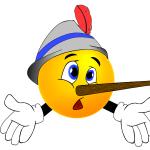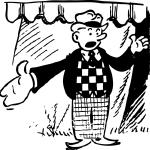My recent experience writing about the Environmental Working Group's (EWG) allegedly toxic fish fillet and the Consumer Protection Safety Commissions' desire to ban gas stoves made me wonder about just this.
Scientific misinformation
“My job, I feel, on the show is to be a cheerleader for the audience…I actually do personally believe in the items I talk about on the show.
There is no doubt that stem cells have promising roles in medical care, and many clinics provide stem-cell therapies as their primary therapy or as a prominent offering in a buffet of services.
“In 1965, two Norwegian social scientists, Johan Galtung and Mari Ruge made a fascinating observation: What counts as "news" depends very much on the frequency with which we pay attention.







